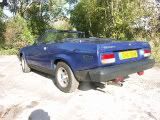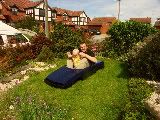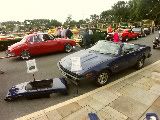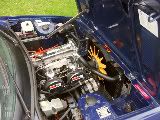bal needles.......
Posted: 17 Feb 2012 06:35
I currently have a tubular manifold K&N pancakes and bal needles
now i know if you just have the tubular manifold i would'nt need bal needles
but i may put the original filter box back on if i do
i will probably get rectangular K&N filter for it.
My question is... Will i need to revert back to the original needles as the new filter will be flowing much more freely
http://mytr7.weebly.com/




now i know if you just have the tubular manifold i would'nt need bal needles
but i may put the original filter box back on if i do
i will probably get rectangular K&N filter for it.
My question is... Will i need to revert back to the original needles as the new filter will be flowing much more freely
http://mytr7.weebly.com/





